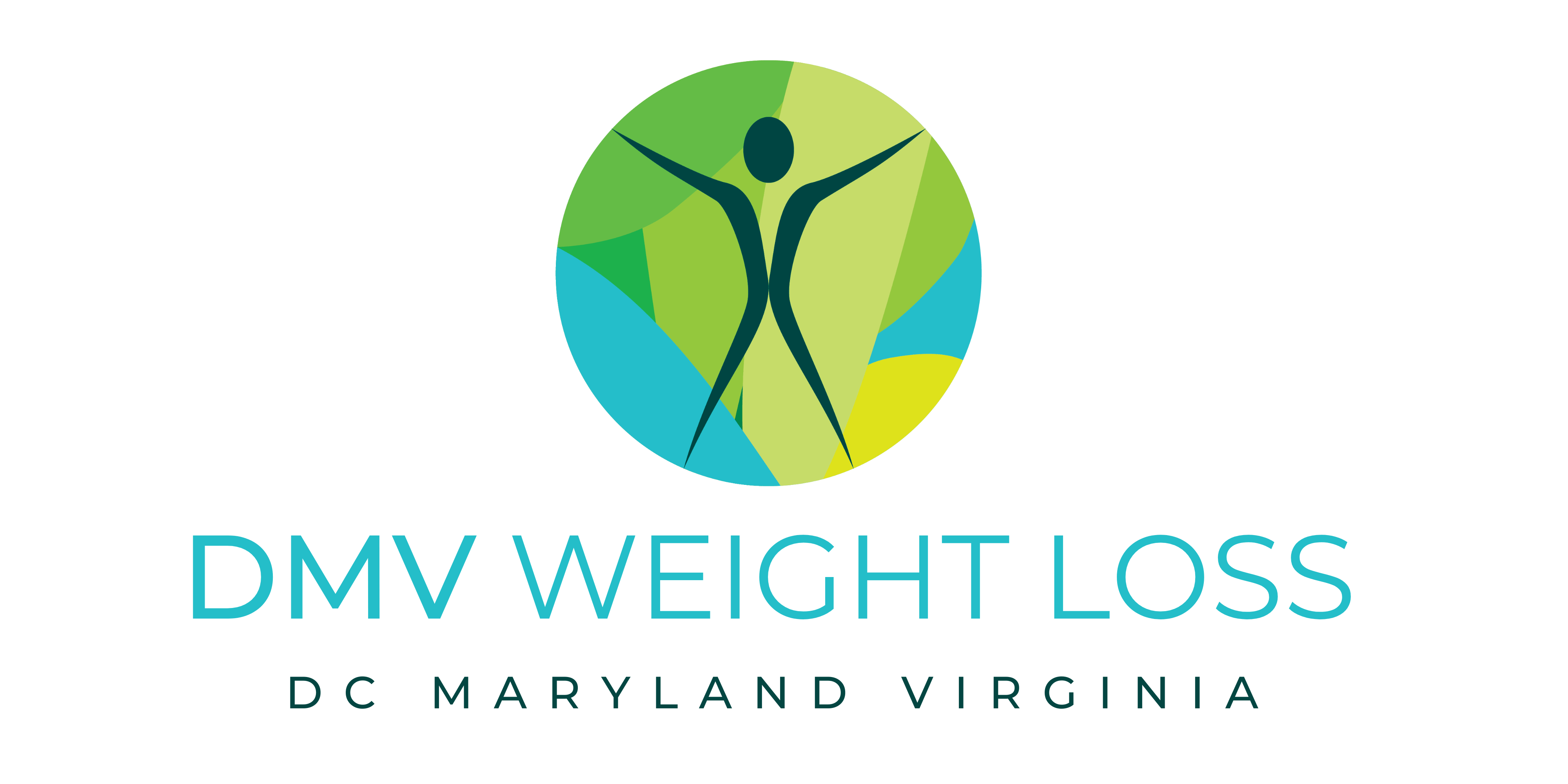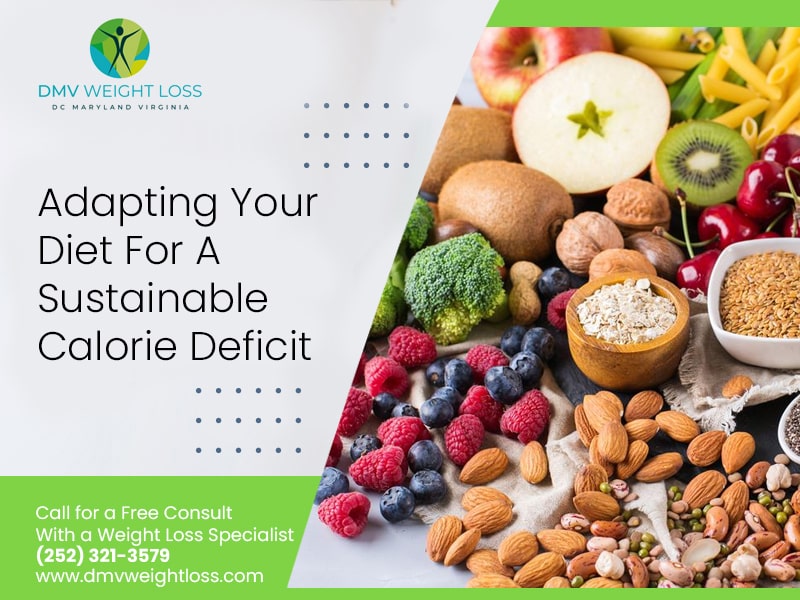While the Calorie Deficit concept is straightforward, implementing it requires thoughtful dietary changes and a commitment to sustainable habits. We understand the nuances of maintaining a calorie deficit at DMV Weightloss Clinic, which offers the Best Weight Loss Programs Winchester. In this blog, we’ll delve into effective strategies to change your diet, promoting weight loss and overall well-being. If you’re searching for ‘Weight Loss Programs Near Me‘ or ‘Weight Loss Clinic Near Me,’ DMV Weight Loss Clinic is your dedicated partner in achieving lasting success.
- Understanding the Calorie Deficit Concept
- Tips to Change Your Diet for a Calorie Deficit
Understanding the Calorie Deficit Concept:
A calorie deficit is the foundation of weight loss. It occurs when you consume fewer calories than your body expends, prompting it to tap into stored fat for energy. Achieving and maintaining a calorie deficit requires a balanced and sustainable approach to diet.
Tips to Change Your Diet for a Calorie Deficit:
Calculate Your Basal Metabolic Rate (BMR):
Why It Matters: Your BMR is the number of calories your body needs at rest. Understanding this baseline helps you establish a target for creating a calorie deficit.
How to Calculate It: Use online calculators or consult with the experts at DMV Weightloss Clinic to determine your BMR based on factors like age, weight, height, and activity level.
Set Realistic Caloric Goals:
Why It Matters: Drastically cutting calories can be counterproductive. Establish realistic and sustainable caloric goals that align with your weight loss objectives.
How to Achieve It: Aim for a moderate calorie deficit, typically 500 to 1,000 calories per day, to promote sustainable weight loss.
Prioritize Nutrient-Dense Foods:
Why It Matters: Opting for nutrient-dense foods ensures you receive essential vitamins and minerals despite a reduced calorie intake, supporting overall health.
Examples: Include plenty of vegetables, fruits, lean proteins, and whole grains in your diet to maximize nutritional value.
Practice Portion Control:
Why It Matters: Controlling portion sizes is crucial for managing calorie intake. It allows you to enjoy a variety of foods while staying within your caloric limits.
How to Achieve It: Use smaller plates, measure portions, and do not neglect hunger and fullness cues to avoid overeating.
Choose High-Fiber Foods:
Why It Matters: High-fiber foods contribute to a feeling of fullness, helping you stay satisfied with fewer calories.
Examples: Incorporate whole grains, legumes, vegetables, and fruits into your meals to boost fiber intake.
Include Lean Proteins:
Why It Matters: Protein is essential for preserving muscle mass during weight loss. It also promotes satiety, reducing the likelihood of overeating.
Sources: Include lean protein sources like poultry, fish, tofu, legumes, and low-fat dairy in your meals.
Stay Hydrated:
Why It Matters: Adequate hydration supports overall health and can prevent dehydration-induced hunger, helping you control your calorie intake.
How to Achieve It: Drink water throughout the day and consider consuming water-rich foods like fruits and vegetables.
Mindful Eating Practices:
Why It Matters: Mindful eating encourages awareness of hunger and fullness, fostering a healthier relationship with food.
How to Practice It: Eat without distractions, savor each bite, and heed your body’s cues for hunger and satisfaction.
Closing Words
Changing your diet to achieve a calorie deficit requires a balanced and sustainable approach. At DMV Weight Loss Clinic, we not only provide the Best Weight Loss Programs Winchester but also offer the support and expertise needed to navigate this journey successfully. If you’re searching for ‘Weight Loss Programs Near Me‘ or ‘Weight Loss Clinic Near Me,’ DMV Weight Loss Clinic is your dedicated partner in achieving lasting health and wellness. Contact us today!

